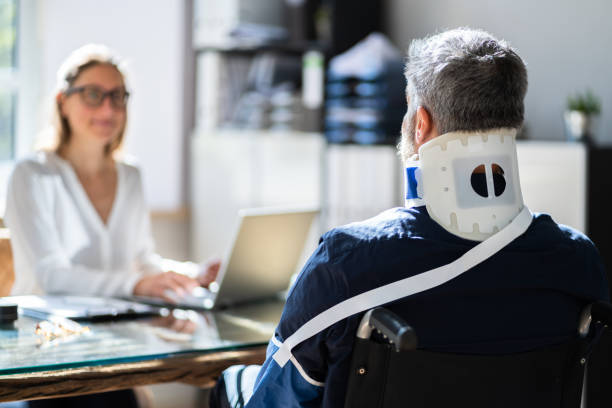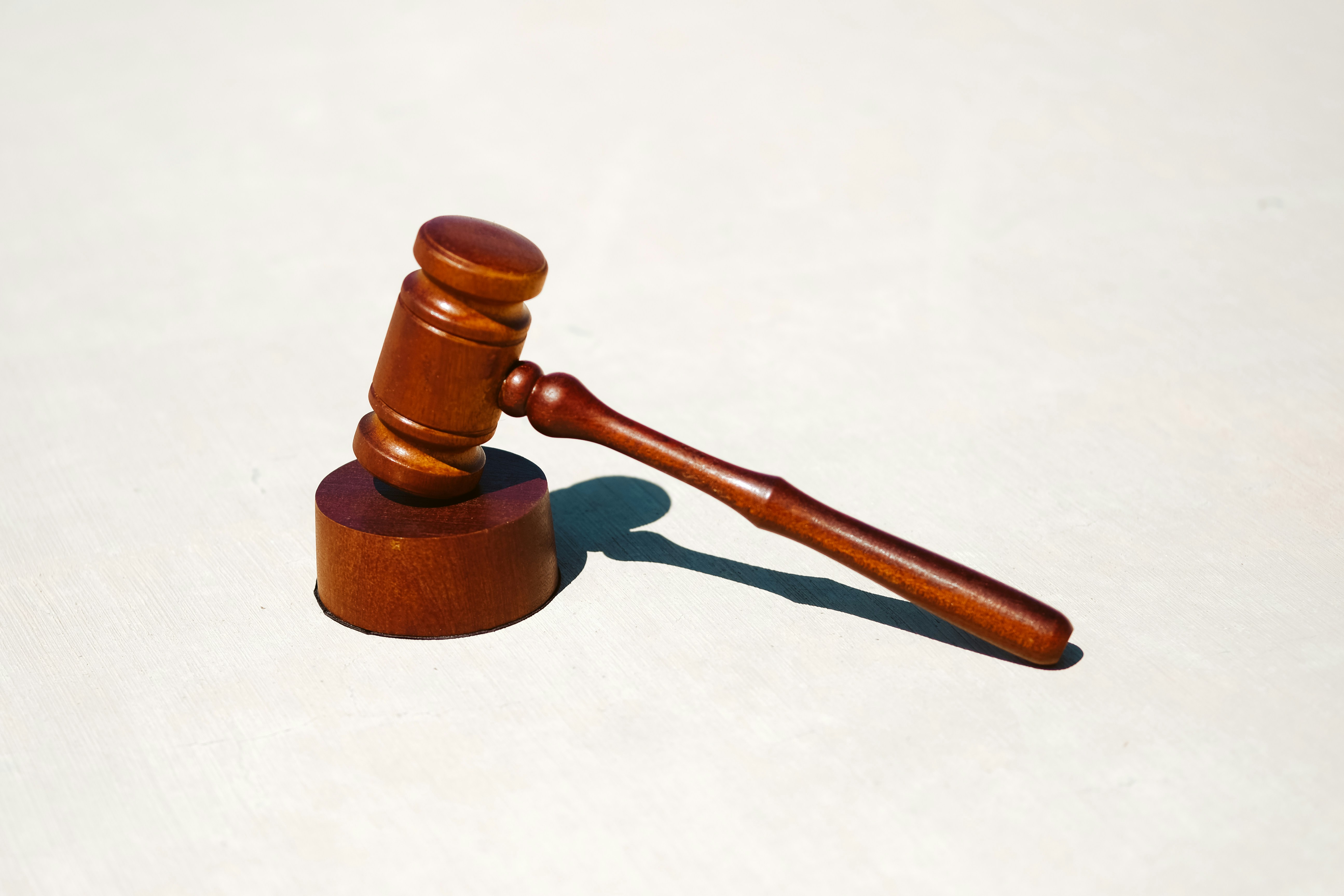If you’ve recently been injured due to the negligence or careless behavior of another person, it can be a daunting task to take them on in a personal injury claim. Maybe you’re feeling a bit overwhelmed and don’t know where to begin.
Don’t panic, there are several key steps that you can take which will help make sure your legal situation is handled properly and efficiently. From gathering evidence from witnesses and medical professionals, understanding relevant laws, choosing an attorney, or presenting yourself in court – this blog post will provide you with helpful tips for simplifying the process of dealing with personal injury claims!
Hiring an Experienced Personal Injury Attorney
One of the most crucial steps in handling a personal injury claim is hiring an experienced personal injury attorney. This professional can navigate through the complex legal waters, ensuring your rights are protected while pursuing the compensation you deserve. Demonstrating a proven track record, they can effectively negotiate with insurance companies, reducing the risk of under-compensation. For example, visiting Demesmin and Dover Law Firm or similar firms and presenting your case can increase the likelihood of a more favorable outcome. This can take the burden off you, allowing you to focus on your recovery.
Preserving Evidence
Preserving evidence plays a pivotal role in strengthening your personal injury claim. It can have a big impact on how your case turns out. Any physical evidence that can be collected should be preserved. This could include damaged property, clothing, or other items involved in the incident. Photographs and videos of the accident scene, injuries, or damage can be invaluable.
Remember to also obtain copies of medical records, accident reports, and any other documentation that can corroborate your claim. Witness testimonies can also be crucial to your case. Make sure to get the contact information of any witnesses to the incident, as their statements can support your version of events. It’s important to gather this evidence as soon as possible after the incident, as some evidence may be fleeting or could deteriorate over time.
Reporting the Incident
Any personal injury incident must be reported to relevant authorities immediately, be it a car accident, slip-and-fall, workplace injury, or dog bite. Reporting the injury promptly aids in creating an official record of the event, which can be instrumental during your claim process. In the case of a traffic accident, the police should be contacted while for workplace injuries, the incident should be reported to a supervisor or human resources department. Remember to grab a copy of the report for your documentation. This documentation can help substantiate your claim, providing a detailed account of the incident from an unbiased third party.
Identifying Witnesses
Witnesses can play an instrumental role in your personal injury claim by corroborating your account of the incident. If anyone was present at the time of the accident, try to get their contact information as soon as possible. This could be anyone from a coworker, if the accident happened at work, to a passerby or fellow motorist, if it occurred on the road.
Witness accounts often hold significant weight, as they can provide an impartial view of the events. Therefore, even if a potential witness didn’t see the event happen directly, they may have seen the aftermath or your immediate injuries, which can still be beneficial to your claim. Ensure to promptly inform your attorney about these witnesses so that their statements can be officially recorded.
Documenting Damages
Documenting the damages you’ve incurred as a result of the incident is crucial to establish the value of your personal injury claim. This includes both physical injuries and any property damage. Medical documentation such as doctor’s reports, X-rays, and treatment plans provide a clear record of your physical injuries. Be sure to keep receipts for any medical expenses that you incur, including hospital stays, medications, physiotherapy, and any other treatments necessary for your recovery.
Property damage should also be meticulously documented. Photographs and repair estimates can establish the extent of any damage to your personal property, such as your car or home. If your injury has resulted in a loss of income, keep a detailed record of this, including the date of the incident, the amount of work missed, and any related documents like pay stubs or a letter from your employer. Your claim will be more convincing the more thorough your supporting material is
In conclusion, handling a personal injury claim can be overwhelming, but by following these tips, you can simplify the process and ensure a more favorable outcome. Hiring an experienced attorney, preserving evidence, reporting the incident, identifying witnesses, and documenting damages are all important steps to take in pursuing your claim. Remember to stay organized and seek professional help if needed. With determination and proper preparation, you can successfully navigate the legal process and receive the compensation you deserve.
Published by HOLR Magazine.




